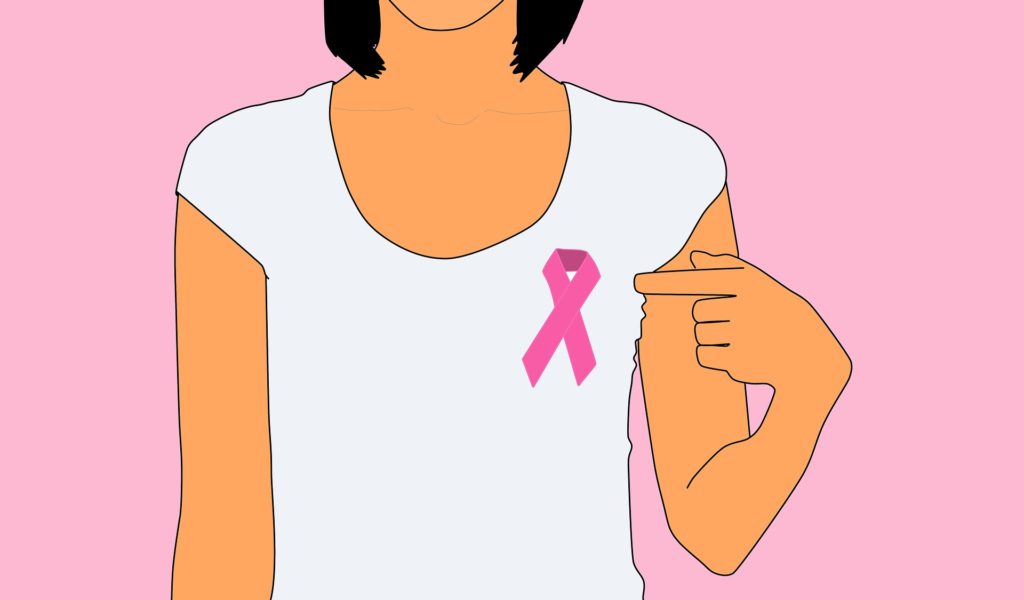A Floridian clinic has potentially developed vaccine for breast and ovarian cancers
DORAL, FL – Researchers at Mayo Clinic, in Jacksonville, Florida, have potentially developed a vaccine for breast and ovarian cancers that could be available within eight years, according to Forbes Magazine (online version).
In an interview conducted by the publication, investigators stated the vaccine could stop the recurrence of breast and ovarian cancers as well as preventing them from developing.
“It is reasonable to say that we could have a vaccine within eight years that may be available to patients through their pharmacy or their doctor,” said Mayo Clinic investigator, Keith L. Knutson, Ph.D. in an interview for Forbes.
However, it should be noted that according to Knutson, as appointed by Forbes, the research is “in its early phases” and is estimated that within three years the vaccine for breast and ovarian cancers could initiate phase 3 trial becoming available to a large numbers of patients.
Regardless of this, Mayo Clinic already have two cancer vaccines against Triple Negative Breast Cancer and HER2 Positive Breast Cancer, respectively.
And immunologists are also working in developing a third one against ductal carcinoma in situ or DCIS.
“We know that they’re safe. We know that they stimulate the immune system [to fight cancer],” Knutson said to Forbes.
The investigator also said these vaccines “have had a positive impact on ovarian and breast cancer” and until now haven’t shown any adverse event other than irritation in the area, something that happens with other vaccinations as well.
“Now we have to convince the FDA, through solid, rigorous clinical trials that we’re seeing what we’re seeing.” pointed the expert.
According to Knutson, the vaccines work by stimulating the body’s immune system—its natural defense mechanism—to attach to and kill cancer cells.
“If you develop a cold or something like that, you do develop an immune response, and that actually doesn’t necessarily prevent the disease, but it keeps it at bay and it helps clear it,” Knutson said on Mayo Clinic’s Medical Edge program.
According to Forbes, this concept of training the immune system to attack cancer cells is what the vaccines will intend to do.
“If we’re able to have the immune system trained to recognize abnormal cells, or cancerous (or) precancerous cells, then maybe the immune system can eliminate them before they even develop,” Mayo Clinic Surgeon Dr. Amy Degnim, and also one of Mayo’s investigators, said on the Mayo Clinic Minute, as appointed by Forbes.
The main point, as explained by investigators, is to develop strategies that can stimulate the body to take care of cancer “to stimulate the immune system, like with infectious disease so it’s ready for it.”
Vaccines, together with early detection and appropriate therapies, may be able to reduce morbidity recurrence in breast and ovarian cancers.

